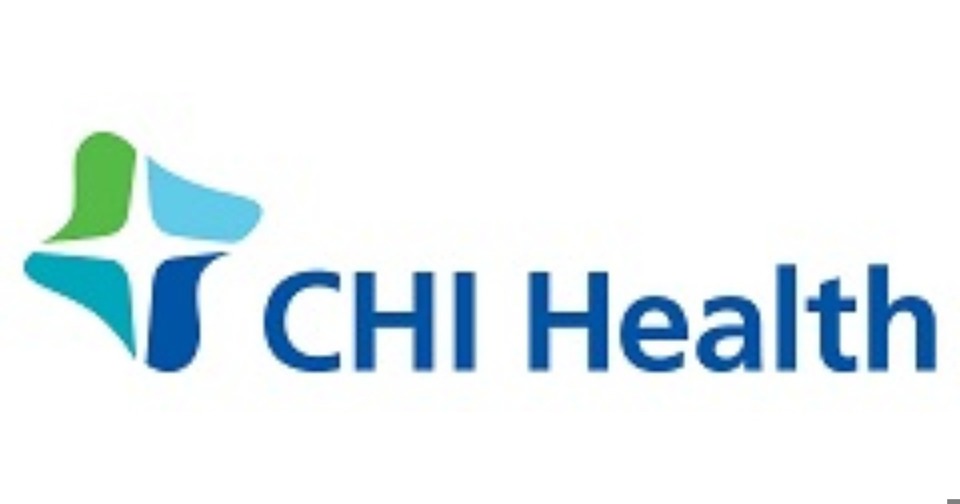St. Francis new Calcium CT technology is cornerstone of Community Heart Screening

Grand Island-CHI Health St. Francis recently added Coronary Calcium Scan technology to their Radiology Services.
Coronary Calcium Computerized Tomography (CT) can detect coronary artery disease before symptoms start. The specialized imaging technology shows calcium deposits in the arteries of the heart. A buildup of calcium can cause narrowing and reduce blood flow potentially leading to heart attack or stroke.
St. Francis’ reduced-price Community Heart Screening, with Coronary Calcium CT imaging at its cornerstone, starts Saturday, Aug. 24. Discounted screenings are also available Saturday, Oct. 26 and Saturday, Dec. 21. The preventative screening includes calcium score, EKG, cholesterol and A1C tests to evaluate the health and function of the heart and provide insight into cardiovascular well-being.
The general guideline is that everyone ages 40-75 years of age, who do not already have known heart disease, should get a heart screening. Participants do not need a prescription or doctors order to be screened.
Call 308-398-5700 to schedule a discounted heart screening. For more information, visit https://www.chihealth.com/services/heart-institute/heart-screenings.
More about Cardiac Calcium Scoring
Cardiac calcium scoring is recommended for individuals with certain risk factors, including: diabetes, family history of heart disease, high blood pressure, high cholesterol, obesity, sedentary lifestyle, and/or tobacco use.
This simple and painless test, performed using a computerized tomography (CT) scan, provides valuable insights into your heart health. During the procedure, you’ll comfortably lie on a table and enter the CT machine, which will take several images from different angles to assess your heart’s condition.
The scan specifically checks for the buildup of calcium, or plaque, in your arteries. Plaque gradually accumulates over time, restricting blood flow to the heart muscles and potentially leading to a heart attack. The higher the calcium score, the more plaque is detected, indicating a greater risk of heart disease.
By undergoing this test, you’ll gain a better understanding of your heart health and can work closely with our healthcare team to develop a personalized plan for prevention and management.
Remember, early detection and intervention are key to maintaining a healthy heart.
More about Electrocardiogram (EKG) Screening
An electrocardiogram (EKG) is a simple yet powerful tool that provides valuable insights into the electrical activity of your heart. Each heartbeat is guided by electrical impulses, and these impulses create a unique pattern of peaks and valleys known as a cardiac cycle.
During an EKG test, sensors are gently placed on your skin to capture these electrical signals. This brief snapshot of your heart’s rhythm allows our healthcare team to assess whether your heart is beating normally or if there are any irregularities.
An EKG can detect various heart conditions, including arrhythmias (abnormal heart rhythms), heart attacks, and coronary artery disease. By identifying these issues early, we can work together to develop a personalized treatment plan, ensuring your heart stays healthy and strong.
Remember, preventive care is key to maintaining a healthy heart. If you have any concerns about your heart health, don’t hesitate to reach out to our team of experts. We’re here to support you on your journey to optimal well-being.
More about Cholesterol
Cholesterol, a soft, waxy fat found in the blood and body cells, plays a crucial role in various bodily functions. While the liver produces all the cholesterol the body needs, it can also be obtained through our diet.
However, maintaining healthy cholesterol levels is essential for heart health. High cholesterol levels can lead to plaque buildup in the artery walls, increasing the risk of heart attacks and other serious complications.
To monitor your cholesterol levels, we recommend regular cholesterol screenings. The screening measures the ratio of total cholesterol (TC) to high-density lipoprotein (HDL), which is the “good” type of cholesterol that helps protect against plaque buildup. Low-density lipoprotein (LDL) is considered the “bad” type of cholesterol.
By understanding your cholesterol levels and working closely with our healthcare team, you can take proactive steps to manage your cholesterol and reduce your risk of heart disease. Remember, preventive care is key to maintaining a healthy heart.
More about A1C Test
The A1C test, also known as the hemoglobin A1C or HbA1c test, is a simple yet powerful tool that provides valuable insights into your average blood sugar levels over the past three months.
This convenient blood test is commonly used to diagnose prediabetes and diabetes and serves as a crucial indicator in managing these conditions. Higher A1C levels are associated with an increased risk of diabetes complications, including heart disease, making it a critical factor in maintaining cardiovascular health.
By regularly monitoring your A1C levels, you and our healthcare team can work together to develop a personalized plan to manage your blood sugar effectively. This may involve lifestyle modifications, medication, or a combination of both. Remember, proactive management of blood sugar levels is key to preventing serious complications and maintaining optimal health.
